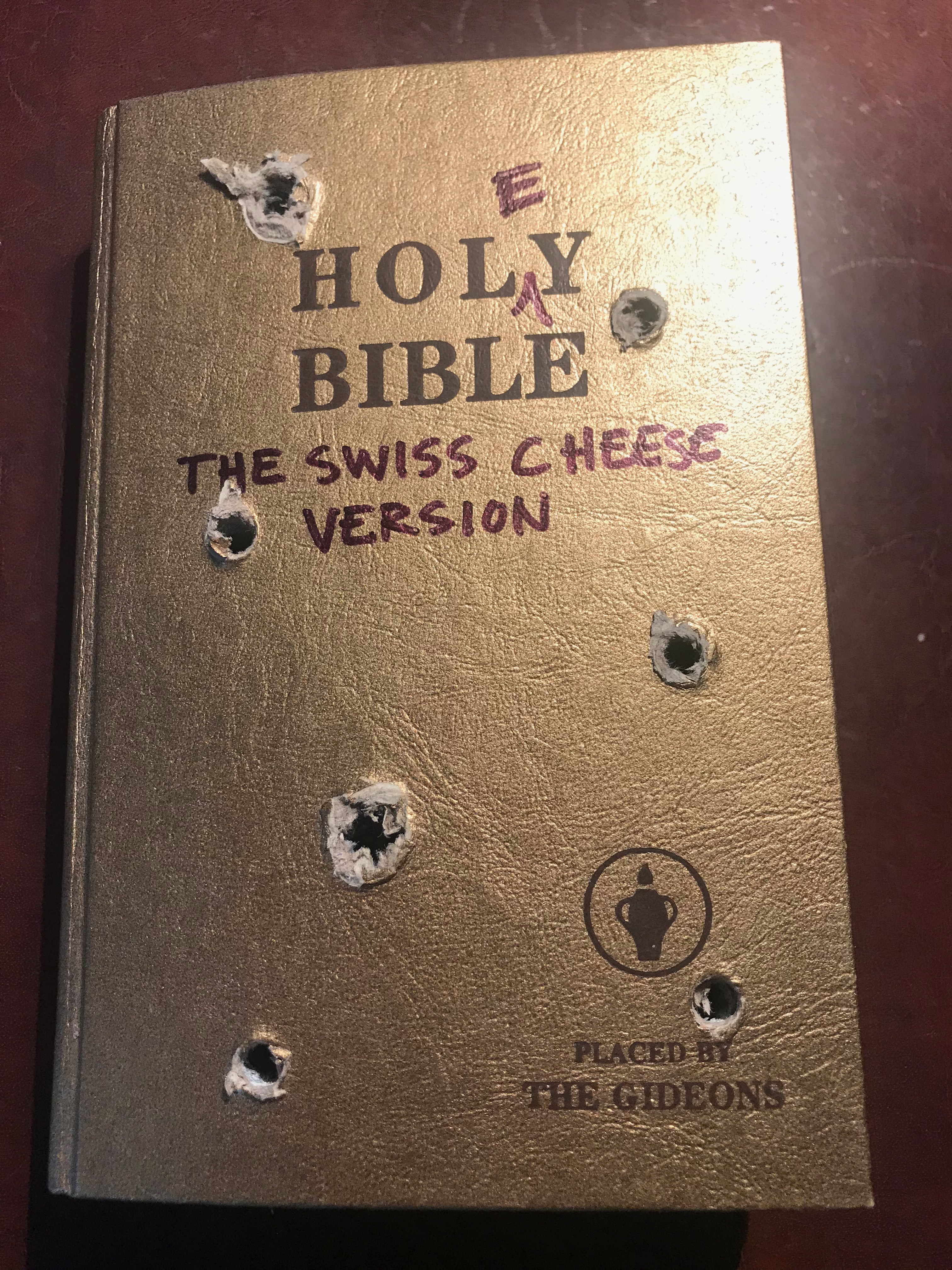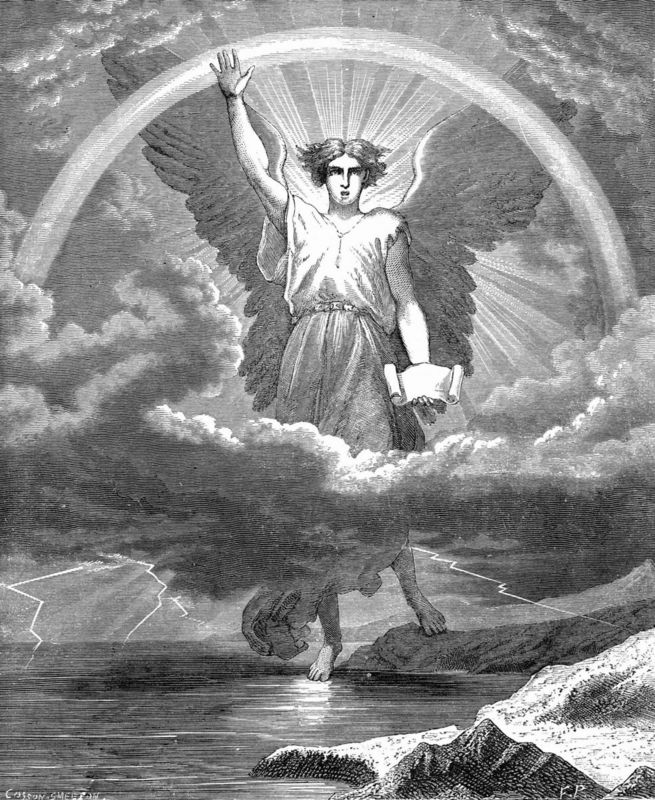The Bible equates the “Law of Moses” with the Hebrew word Torah, which is usually translated as “law” in our English Bibles, and is a word that means “instructions, precepts, teachings [of Elohim].” As such, they are a reflection of Elohim’s very character and nature. Yeshua summarized YHVH’s Torah-laws when he stated that they show man how to love Elohim with his all and his neighbor as himself.
Are there any parts of Elohim’s precepts or instructions in righteousness that man has the right to nullify, do away with, or subdivided such that any parts of it are no longer applicable to man? If so, then who is man that he can instruct the Almighty Creator on which parts of his laws are for us today and which parts or not? Is this not extreme hubris and pride—a huge sin in itself—in fact the worst and most abominable sin of all (Prov 6:16-17)?
On the contrary, the Bible from Genesis to Revelation unquestionably presents the Torah as an indivisible whole, which stands and falls together. This includes the dietary laws, which are an aspect of being holy or set apart (from this world), even as Elohim is set apart or holy (Lev 11). James says that if you break one law, you’re guilty of breaking them all. John in his first epistle says that sin is the violation of the law. Yeshua in his Sermon on the Mount states that he didn’t come to destroys the law—not even one yud or tag of it. Paul in his epistle to the Romans says that the law is holy, just and good and grace in no way nullifies the law. None of these men of Elohim made distinctions between carnal or moral, physical or spiritual or ceremonial subdivisions of said Torah-law. This is an invention of the early church fathers because of their anti-semitic theological bias. Go read them. I can provide you with actual quotes and references—and not a few!
If the physical, letter aspects of the law, such as diet are no longer applicable, then some of Yeshua’s Sermon the Mount teachings are irrelevant and meaningless. In fact, Yeshua totally contradicts this notion. Who am I to believe? The teachings of Yeshua or the doctrines and traditions of man that make of none effect the word of Elohim? To wit, Yeshua in his sermon affirms that man is not only not to murder, but not to hate as wells; not to commit adultery as well as not to lust and so on. Here he affirms both the letter and the spirit of the law. The same can be said of the dietary laws. Both letter and spirit are applicable to man today. Since the dietary laws are about holiness and separation from the world, this means that we’re not to eat the world’s physical food as well as its spiritual food. By practicing the dietary laws, we learn what true holiness is—both letter and spirit. To become holy, we must stay separate from the world both in practice and in heart and mind, even as Elohim is separate or holy, which is the main point of Lev 11. Oh, and did I mention that Elohim calls eating unclean meats an abomination? That means he detests it just like homosexuality, which he also calls an abomination. If the physical dietary laws are done away with, then likewise, it’s no longer a sin to have physical homo sex (the letter of the law) as long as you don’t lust while doing it (the spirit of the law)! Elohim forbid! May it never be so!
Some try to use 1 Cor 7:19 to prove that the Torah has been subdivided into moral and carnal laws. In reality, this verse is not a statement proving that the indivisible Torah can be subdivided into moral and ceremonial laws. If you read everything that Paul says about circumcision, his main point is that circumcision is not a precondition for salvation. Period. He still practiced circumcision, and he wasn’t for or against it per se. The Pharisees were twisting and abusing the biblical truth of circumcision and making it into something the Torah never intends—a path to salvation and a way to keep Jews and Gentiles separate. This is the issue Paul is addressing. Because men pervert the laws of Elohim (as the Pharisees had done with the law of circumcision), does that mean we toss out the proverbial baby with the bath water? Of course not. Satan has perverted nearly every truth of Elohim. If we toss everything out because of Satan, we’ll have nothing left.
It’s time that Christians took off their colored glasses by which they read the Scriptures and stop viewing it through the lens of man-invented dogmas. Why is it that humans want to carve up the word of Elohim and toss out the parts they don’t like? (The answer is found in Jer 17:9 and Rom 8:7.)
Isn’t believing that certain parts of Elohim’s instructions in righteousness are no longer applicable to us today is ultimately succumbing to the lie of the serpent at the tree of knowledge who told the first humans that Elohim didn’t really mean what he said, and that man can have it his own way by creating his own pick-and-choose religion? There Satan told man that he could pick out the parts of Elohim’s word that he wants to follow, and then invent philosophies that justify his tossing out the parts he doesn’t like. Most Christians have bought into this lie of the serpent.
As a result of following the deceiver’s lies, too many people have what I call the Swiss Cheese Version of the Bible—one that’s full of holes (holes for all the pages they’ve ripped out of Elohim’s word that “are no longer applicable to them). They no longer have a Holy Bible, but instead a Holey Bible!
Finally, Yeshua states in Matt 5:17–19,
Do not think that I came to destroy the Law or the Prophets. I did not come to destroy but to fulfill. For assuredly, I say to you, till heaven and earth pass away, one jot or one tittle will by no means pass from the law till all is fulfilled. Whoever therefore breaks one of the least of these commandments, and teaches men so, shall be called least in the kingdom of heaven; but whoever does and teaches them, he shall be called great in the kingdom of heaven.
Please notice the last sentence. Torah obedience will determine one’s level of rewards in the world to come. Those who are saying that certain aspects of Elohim’s law were abrogated and are no longer applicable are consigning themselves to a lower position, a lower reward status in Elohim’s everlasting kingdom—so says Yeshua. Ultimately, it’s up to each individual whether they want to be the least or the greatest in his kingdom. I’m going for the highest reward, which means I’ll continue to follow the biblical dietary laws both letter and spirit. Amein!






